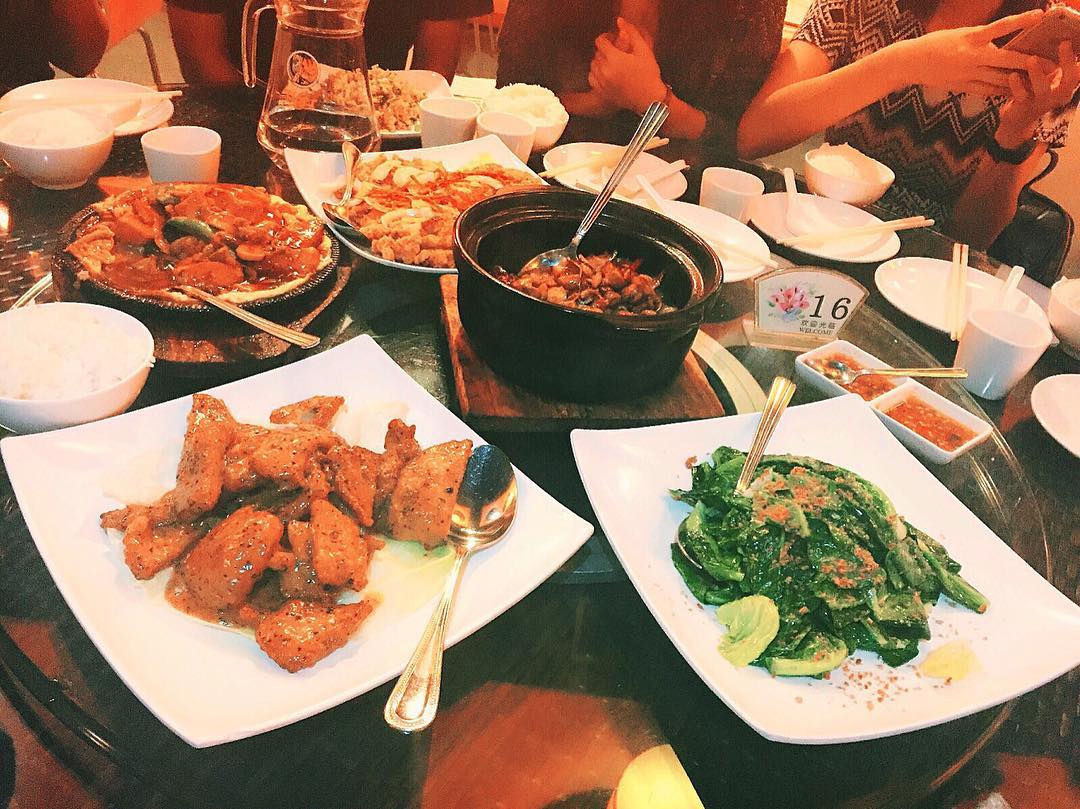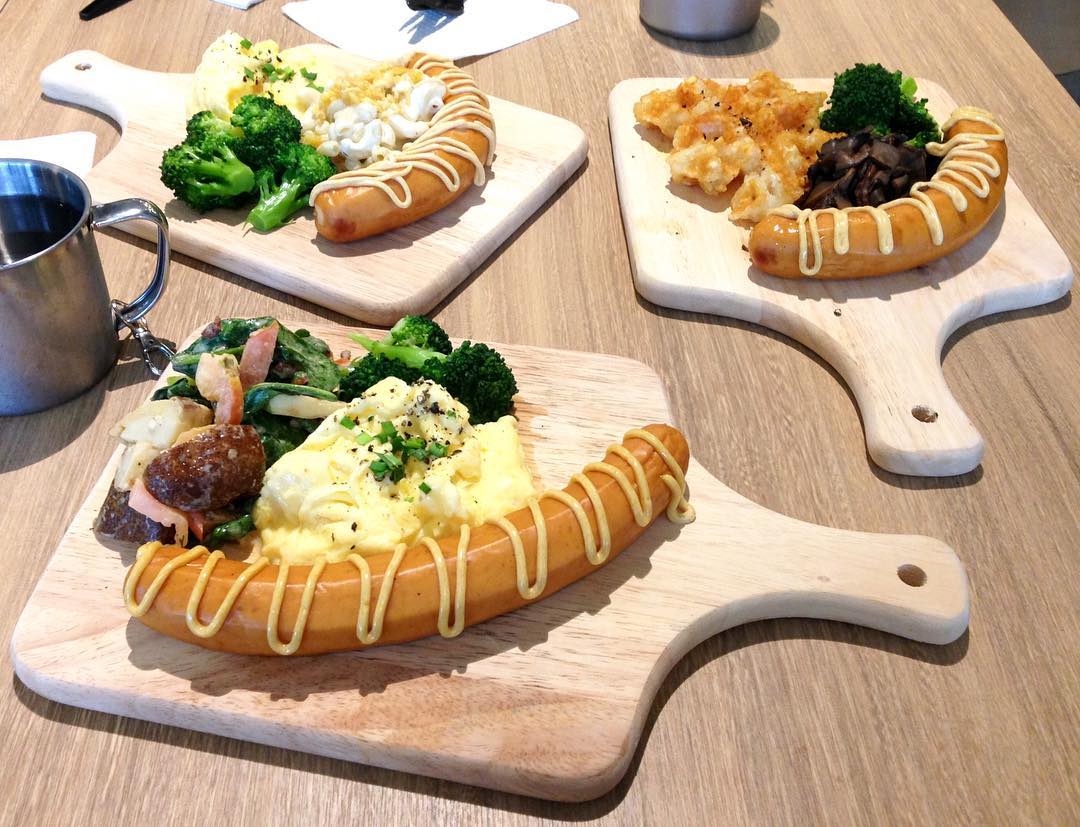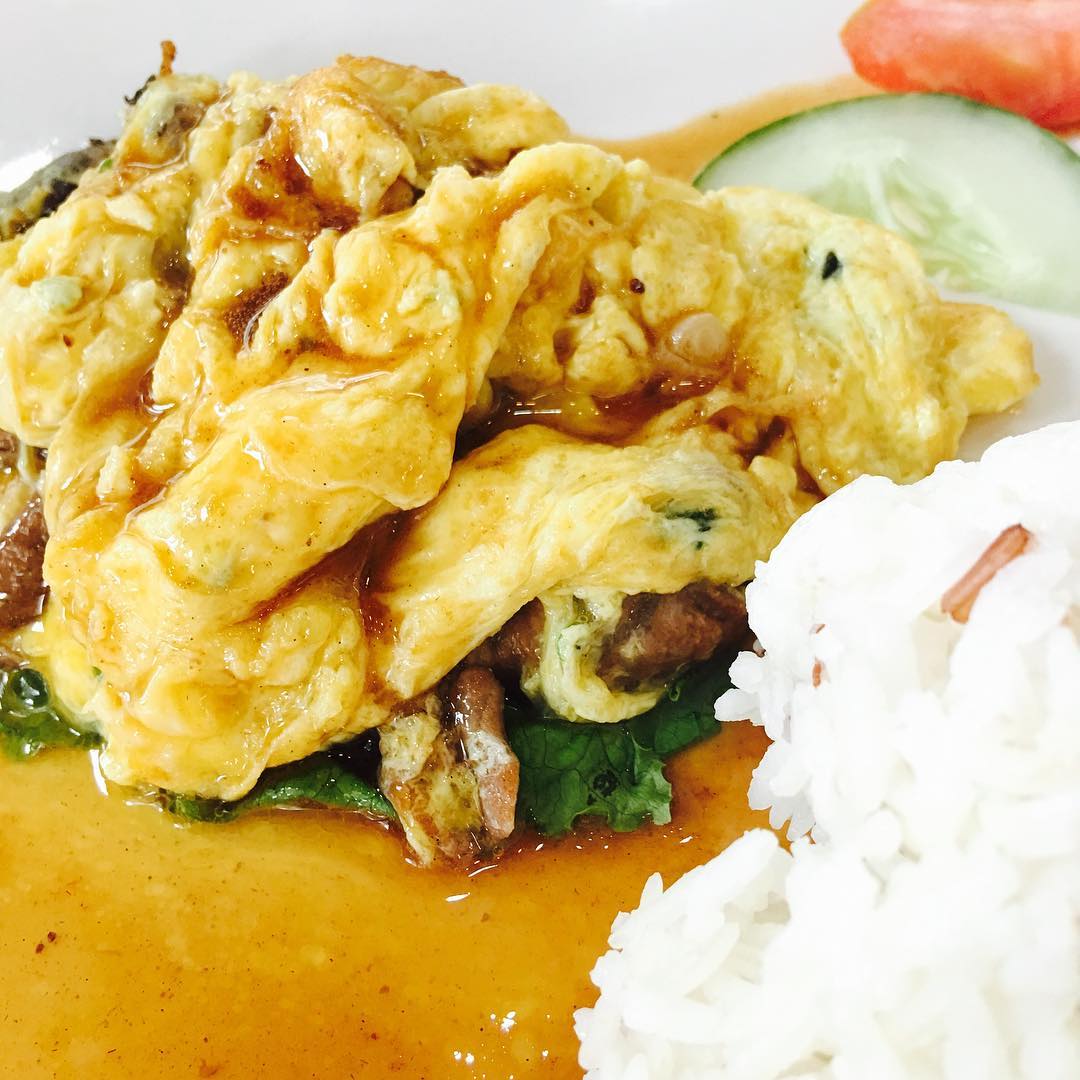| Author | Non-Author | ||
|---|---|---|---|
| Non-Student | Student | ACM/CCF Members | |
| 300 SGD | 100 SGD | 50 SGD | 50 SGD |
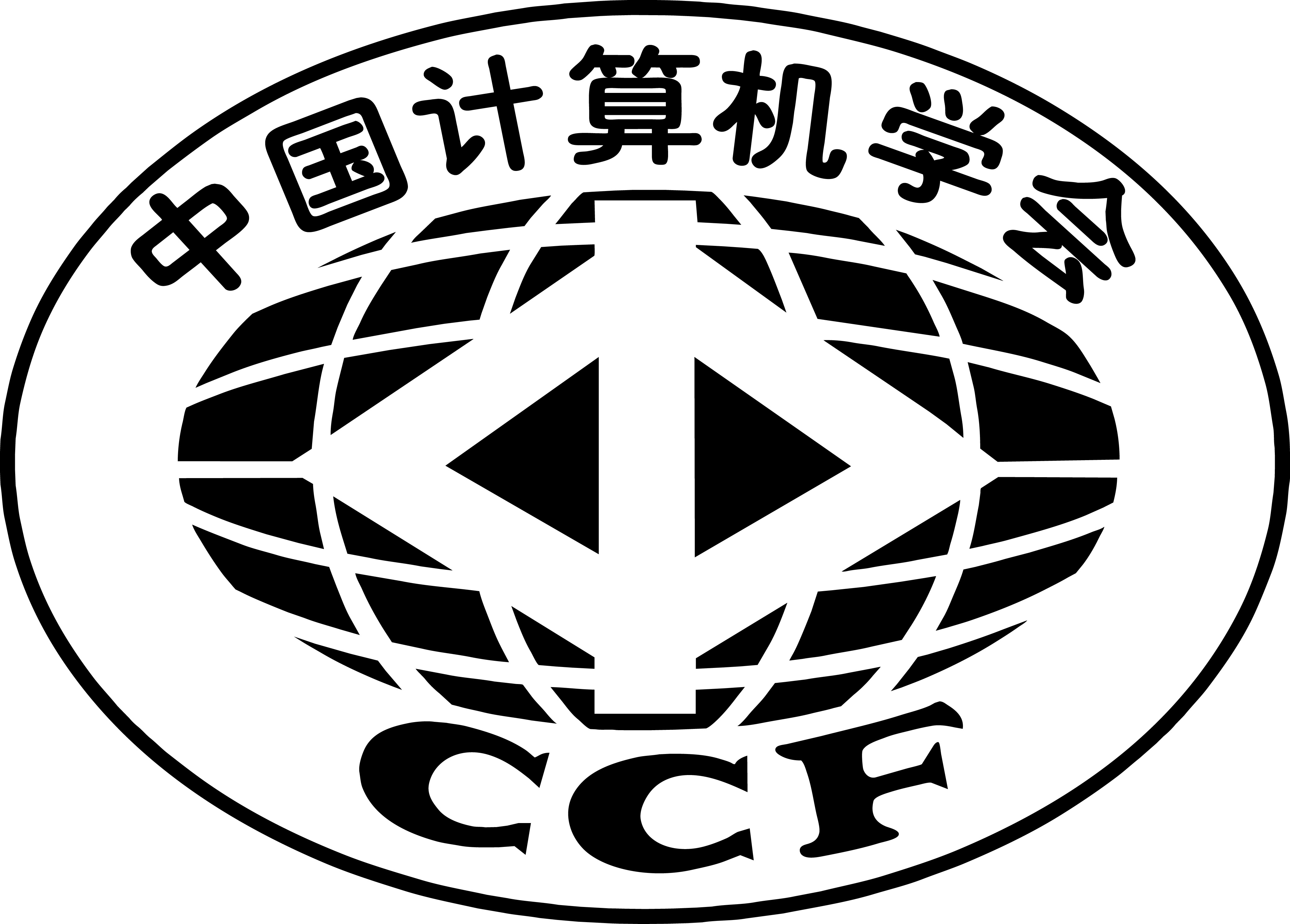
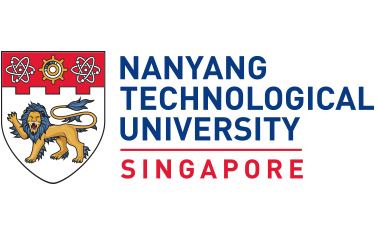

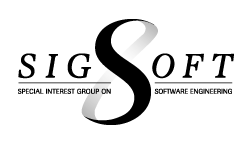

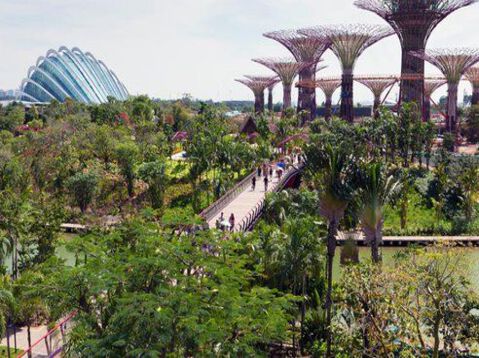

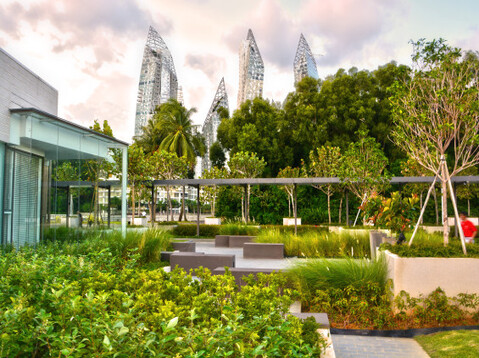
Internet provides a global open infrastructure for exchanging and sharing of various resources for the people all over the world. The rapid development and the wide application of Internet make it become a new mainstream platform for software to be used, developed, deployed and executed. With the vision of “Internet as computer”, many application styles such as pervasive computing, grid computing, service computing and cloud computing occur on this open and dynamic environment. In order to support various new application styles and accommodate the fundamental change of the underlying supporting platform, many specific software technologies such as service-oriented architecture are proposed for current practices. However, although these technologies are useful and popular, they are far from systematic and complete because no uniformed software methodology and technology system like the object-oriented one is provided.
Conceptually speaking, in order to adapt the software system to such a new environment, its structure
model should be autonomous, cooperative, situational, evolvable, emergent, trustworthy, etc. The software
entities dispersed on distributed nodes over the Internet, which evolved from objects in object-oriented
methodology to software components (component-based software development), now are further turned into
self-contained, autonomous and adaptive software services in service-oriented computing of state-of-arts.
These software entities are coordinated statically and dynamically in various kinds of interaction styles
(passively and actively) such as integration, cooperation, and orchestration to achieve flexible design
objectives. So a so-called “software-web” instead of information-web is weaved. This software-web as a
whole is able to perceive the changes of open, dynamic, and uncertain environment and respond them in the
way of transforming architectures. Furthermore, the flexible design objective of the software-web is
reflected by its exhibiting several compatible goal-directed behaviors according to its up-to-date
knowledge about the outside environment. A portmanteau term “Internetware” is used to denote the future
software-web in open and dynamic environment, which can be defined as follows: an Internetware system is a
software system consists of the self-contained, autonomous entities situated in the distributed nodes of
Internet and the coordinators connecting these entities statically and dynamically in various kinds of
interaction styles (passively and actively). As a whole, an Internetware system is able to perceive the
changes of open and dynamic environment such as Internet, respond to the changes in the way of
architectural transformation, and exhibit context-aware, adaptive and trustworthy behaviors in the open and
dynamic environment in order to meet its flexible design objectives. Internetware challenges many aspects
of software technologies, from operating platforms, programming models, to engineering approaches, etc.
Due to the Covid-19 pandemic, the conference date has been shifted to May 2021. Therefore, the second call for paper is being launched to open another opportunity for researchers to submit their research work.
Please note, in the second CFP round, authors whose papers are submited will be reviewed and marked by Main Track II ranther than the Main Track.
With the Internetware paradigm, the software is architected like the Internet, developed with the Internet, operated on the Internet, and provided as services via the Internet. In the open, dynamic, and constantly changing environment of Internet, Internetware systems need to be autonomous, cooperative, situational, evolvable, emergent, and trustworthy. These requirements pose special challenges for software technologies to support the construction, deployment, and use of software applications based on Internet that not only of computers, but also of things and human users.
This symposium aims to provide an interactive forum where researchers and professionals from multiple disciplines and domains meet and exchange ideas to explore and address the challenges brought by Internetware.
Internetware 2020 will be held November 1-3 in Singapore. We solicit submissions describing original and unpublished results of theoretical, empirical, conceptual, and experimental software engineering research related to Internetware. Topics of interests include but are not limited to:
Internetware 2020 organized several special tracks in collaboration with multiple top-tier transactions/journals, including IEEE Transactions on Reliability, SOSYM, Cyber Security and Journal of Information and Software Technology. Papers submitted into the main track will be selected and invited to submit an extended version of their papers to the IEEE Transactions on Reliability. All the extended submissions will be evaluated following the guidelines set by the corresponding journal. Only those satisfying all the criteria will be accepted for the journal publication.
Papers submitted and accepted by the corresponding special tracks will be published in the Internetware 2020 proceeding firstly, and be invited to submit an extended version of their papers to the corresponding journals. All the extended submissions will be evaluated following the guidelines set by the corresponding journal. Only those satisfying all the criteria will be accepted for the journal publication.
All submissions must not exceed 10 pages for all text, figures, tables, and references. All submissions must be in English and in PDF format. Submissions that do not comply with the above instructions will be desk rejected without review. Please use the ACM Master article template, as can be obtained from the ACM Proceedings Template pages.
Papers must be submitted electronically through EasyChair .Accepted Full papers must not exceed 10 pages for all text, figures, tables, and references. Accepted short papers must not exceed 6 pages for all text, figures, tables, and references. Please upload the camera copy via EasyChair. When uploading the camera copy, you must upload manuscripts including the source files and PDFs. You can compress the files in a zip file and upload the zip file.
All authors of accepted papers of will be asked to complete an electronic ACM Copyright form and will receive further instructions for preparing their camera ready versions. All accepted contributions will be published in the of Internetware 2020 electronic proceedings and in the ACM Digital Library.

This talk will provide a personal perspective on the state of art regarding the automated testing of software systems enabled by machine learning. Such systems typically contain components relying on machine learning, whose behavior is not specified or coded but driven by training data, but which interact with other components in the system and play a critical role. Typical examples include cyber-physical systems that rely on machine learning in their perception (e.g., analyzing camera images) and control (e.g., sending commands to actuators) layers. In my reflections, I will rely both on my analysis of the state of the art and personal experience in research projects carried out with industrial partners in the automotive domain.
Lionel C. Briand is professor of software engineering and has shared appointments between (1) School of Electrical Engineering and Computer Science, University of Ottawa, Canada and (2) The SnT centre for Security, Reliability, and Trust, University of Luxembourg. He is the head of the SVV department at the SnT Centre and a Canada Research Chair in Intelligent Software Dependability and Compliance (Tier 1). He holds an ERC Advanced Grant, the most prestigious European individual research award, and has conducted applied research in collaboration with industry for more than 25 years, including projects in the automotive, aerospace, manufacturing, financial, and energy domains. He is a fellow of the IEEE and ACM. He was also granted the IEEE Computer Society Harlan Mills award (2012) and the IEEE Reliability Society Engineer-of-the-year award (2013) for his work on model-based verification and testing.

It was the best of times; it was the worst of times. Smart contracts are computer programs running atop blockchain platforms to manage large sums of money, carry out transactions of assets, and govern the transfer of digital rights between multiple parties. Smart contracts bring hope to transparent and trustworthy exchange of value in a trustless environment. Yet, in reality, the trustworthiness of smart contracts are under constant threats, with people losing millions of dollars. In this talk, I will cover the two sides of the same coin, demonstrating how the security and fairness of smart contracts are both due to the mismanaged conflicting interests between contending parties. I will also present solutions we have developed in the past few years and suggest potential future research directions.
Yi Li is an Assistant Professor at the School of Computer Science and Engineering, Nanyang Technological University (NTU). He received his BComp degree in Computer Science from the National University of Singapore in 2011, and both his MSc and PhD degrees in Computer Science from the University of Toronto in 2013 and 2018, respectively. Dr. Li is leading the Software Reliability and Security Lab (SRSLab@NTU) since 2018. He served as Co-Chair of the ICECCS’20 Program Committee, Co-Chair of ICFEM’19 Doctoral Symposium, a member of the Program Committee of ASE’21, FSE’21, FASE’21, ASE’20, and ICDCS’20. Dr. Li’s research interests focused on program analysis and automated reasoning techniques with applications in but not limit to various aspects of software engineering, such as software model checking, bug finding, software security and software evolution. Dr. Li has published over 30 peer-reviewed conference papers and journal articles, including articles in IEEE TSE, IEEE TDSC, ASEJ, FMSD, ACM CSUR, as well as papers in ICSE, POPL, CAV, ASE, and FSE. His recent work on software change history analysis won an IEEE Best Artifact Award at ICSME’20 and ACM Distinguished Paper Award at ASE’15.

Different from conventional software artifacts, Deep Neural Network (DNN) models are intrinsically inductive and uncertain. Adopting DNN models in field settings requires a new paradigm of software quality assurance. This talk will discuss an operational, statistical, and efficient approach to the quality assurance for third-party DNN models in deployment. In particular, we will present the operational accuracy estimation and the operational confidence calibration, which can be viewed as a testing and a debugging activity, respectively, for DNN models being deployed.
Xiaoxing Ma is a professor and the Deputy Head of the Department of Computer Science and Technology at Nanjing University. From the same university, he received his doctoral degree in Computer Science in 2003. His research interests include self-adaptive software systems, software architectures, and quality assurance for machine learning models used as software components. He co-authored over 100 peer-reviewed papers and served in technical program committees of various international software engineering conferences. He has received two Second Prizes of the National Science and Technology Progress Award of China and several best/distinguished paper awards.
Registration for Internetware 2020 and AWASE 2020.
The registration deadline for authors is 24 September 2020 (23:59:59, JST).
The early registration deadline is 11 October 2020 (23:59:59, JST).
The late registration deadline is 25 October 2020 (23:59:59, JST).
Each accepted paper of Internetware must have at least one author registered at a REGULAR rate by September 24, 2020. For papers registered only by students, at least one student must register at the REGULAR rate.
| Nov.01 | Nov.02 | Nov.03 | |
|---|---|---|---|
| SFDI 2020+ | SFDI 2020+ | ||
| Internetware 2020 | Internetware 2020 | Internetware 2020 | |
| AWASE 2020 | AWASE 2020 | AWASE 2020 | |
| Social Event | Reception |
| Early Registration (by October 11, 2020 23:59:59 JST) |
Late Registration (by October 25, 2020 23:59:59 JST) |
|||
|---|---|---|---|---|
| Regular | Student | Regular | Student | |
| Internetware | 75000 | 60000 | 85000 | 70000 |
| AWASE-only | 38000 | |||
| All-Events | 85000 | 70000 | 95000 | 80000 |
1) Internetware includes SFDI2020+ workshop, lunches and tea/coffee on each day of the symposium (01-02 Nov.), a reception (01 Nov.) and a banquet (02 Nov.).
2) AWASE-only includes lunches and tea/coffee on each day of the workshop (01-03 Nov.) and a banquet.
3) All-events includes Internetware Symposium, AWASE and SFDI2020+ workshops. It includes lunches and tea/coffee on each day (01-03 Nov.), a reception (01 Nov.) and a banquet (02 Nov.).
Notification of cancellation must be made in writing (by email) to the Conference Secretariat (xfxie@ntu.edu.sg). Cancellations will be accepted until Oct. 11, Mon. 23:59:59 (JST). When making a reimbursement, the Conference Secretariat will retain JPY 10,000 from prepaid registration fee as a processing fee. After Oct. 11, Mon. 24:00:00 (JST), no refunds will be made for any reasons.
If you have any questions about the registration, please contact the Conference Secretariat (xfxie@ntu.edu.sg).
Please consult with your nearest Singapore embassy/consulate or your travel agency for the visa and entry requirements. For those who need a visa to travel to Singapore, an invitation letter for visa can be issued by local organizers. Please send all requests to dcsliny@nus.edu.sg with the following information:
Note that we can only provide invitation letters for visa to participants that have paid their registration fees. More details on Singapore visa requirements can be found at here.
Internetware 2020 will be held at School Of Computer, NUS, Singapore.
Address: Computing 1, 13 Computing Drive, National University of Singapore, Singapore, 117417
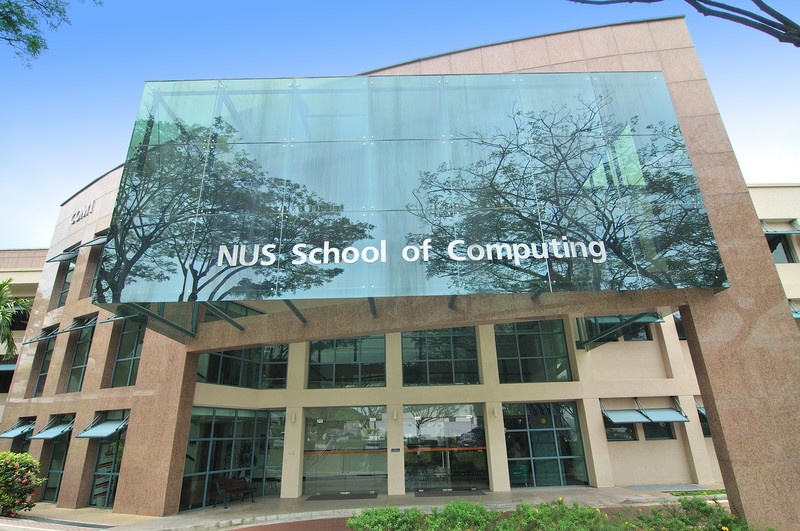

There are many hotels in Singapore from which you can quickly and easily access the conference venue by the public transportation, but the following list gives a few hotels near the conference venue. October is one of the best seasons in Singapore and hotels tend to be very busy. If you plan to attend the conference, it will be good if you can book your hotels as early as you can. For hotel reservation, please directly use the following hotel webpages or directly contact with the hotels.
You can also use Booking.com to book your hotels in NUS as well.
| Hotel Name | Time to walk to conference venue | Hotel Website |
|---|---|---|
| The Quay Hotel West Coast | 2 mins | Link |
| Shipping Container Hotel | 5 mins | Link |
| Hostel 81 | 6 mins | Link |
Ramen is a kind of noodle dish. Its origin is Chinese noodle but it has been localized for a hundred years. In Singapore, you can eat many kinds of Ramen, of which tonkotsu ramen is one of the most popular variation of ramen.
Since Singapore is a coastal city, you can enjoy a variety of seafood. Of cource, you can eat sushi or sashimi. Mentaiko (eggs of Alaskan Pollack) is a typical food of Singapore.
Chilli Crab is Singapore-local dishes classified to Geylang. In Geylang, beef or pork offal is used instead of chicken and its soup is spicy.
goto facebook homepage visit
